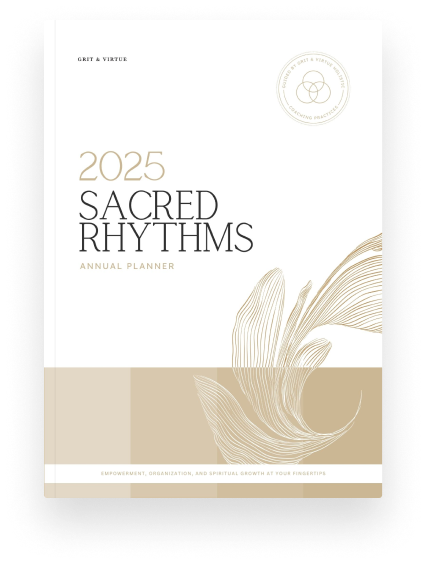I graduated seminary in 2011, on the heels of the Great Recession. Very few companies were hiring. In fact, many were laying people off. Let’s just say that in a depressed economy there is very little demand for someone with an advanced degree in theology and no record of success in any industry. To complicate matters, I had just gotten married to someone who—like me—had just graduated seminary and had very little work experience. So there we were, excited to be married, but with no jobs, no money, and no prospects.
We filled in with odd jobs, me writing for websites and Dan editing a few videos for a friend. But, in December of 2011, we got two calls that would help us launch our business. The first was from one of my seminary professors. He knew I was jobless and wondered if I might help an organization he worked with develop a keynote presentation. The other call was from an interior designer friend of my father’s. She wanted to know if Dan could help her make a video. Driven by financial necessity, we immediately said yes to both opportunities. After the projects were finished we decided that we should turn “creative work” into an official side hustle—a way to save money for a house. We put together a quick website and officially launched in an email to family and friends. Within three months of that email, we had full time work. We had accidently started a full-fledged business.
When we started Long Winter, I didn’t have the time to stop and ask myself if I was passionate about “creative work.” That lack of space to process is one of the great gifts of my life. If I had had too much time to think about things I might have realized, “I don’t even know how to make videos or do branding. I don’t actually even know what branding is. So, no I suppose I’m not passionate about this work.” In other words, if passion had been a measure for discerning God’s call I would have missed what has been—by far—the most formative work experience I have ever had.
Our cultural obsession with passion as a prerequisite for work threatens to cut vocational formation off at the head. In other words, if we insist on using passion as a measure for what we ought to do—or worse, proverbially prostrate to passion as if it were the holy grail of work—we will stunt the rate at which we try things, iterate, and reflect. Trying things, iterating, and reflecting are some of our greatest tools for learning about how God is forming us and fitting us for this world. In this, we are reminded that vocation is formed, not found through an ongoing—and often complicated—process of discernment rooted in context, convictions, and community. In other words, action precedes reflection. Thus, experimentation precedes formation.
Readying ourselves for this formation journey starts with accepting that we are God’s beloved—and that God’s call to us as beloved is the underpinning of any work we do in this world. The good news here is that we need not know what we are passionate about in order to know that God calls us—regularly and with fervency—both to commune with God but also to unique opportunities in our world. Our passions may very well be formed as we engage God’s callings, but they, themselves are not what we live in pursuit of.
I have learned much about my vocation, my gifting, and even my passions through the starting and running of Long Winter. Had I not leapt before I looked, these learnings might still be unknown to me.
My two hopes for us are this: First, that we fear not in trying new things when we sense God’s activity in our midst—that we open ourselves up to the possibility that sometimes we will need to leap before we look. Second, I hope that we can cultivate new mental models about passion and work because most people only know what they are passionate about after they’ve experimented, iterated and reflected.
This article is from Fuller’s De Pree Center for Leadership. They serve leaders so they might live intentionally and wisely as disciples of Jesus in every part of life, including their daily work. We equip women and men to live out their calling through theologically based resources. Learn more at depree.org
Enjoyed it? Share it!
Michaela O’Donnell
Dr. Michaela O’Donnell is the Executive Director of the Max De Pree Center for Leadership where she oversees the center’s vision, strategy, program, and team, all with the goal of helping leaders respond faithfully to God in all seasons of their life and leadership. Michaela regularly writes and teaches on topics of vocation, change, innovation, creativity, faith/work, and gender dynamics. Her first book, "Make Work Matter: Your Guide to Meaningful Work in a Changing World" was recently published with Baker Books.
But wait, there's more...

















